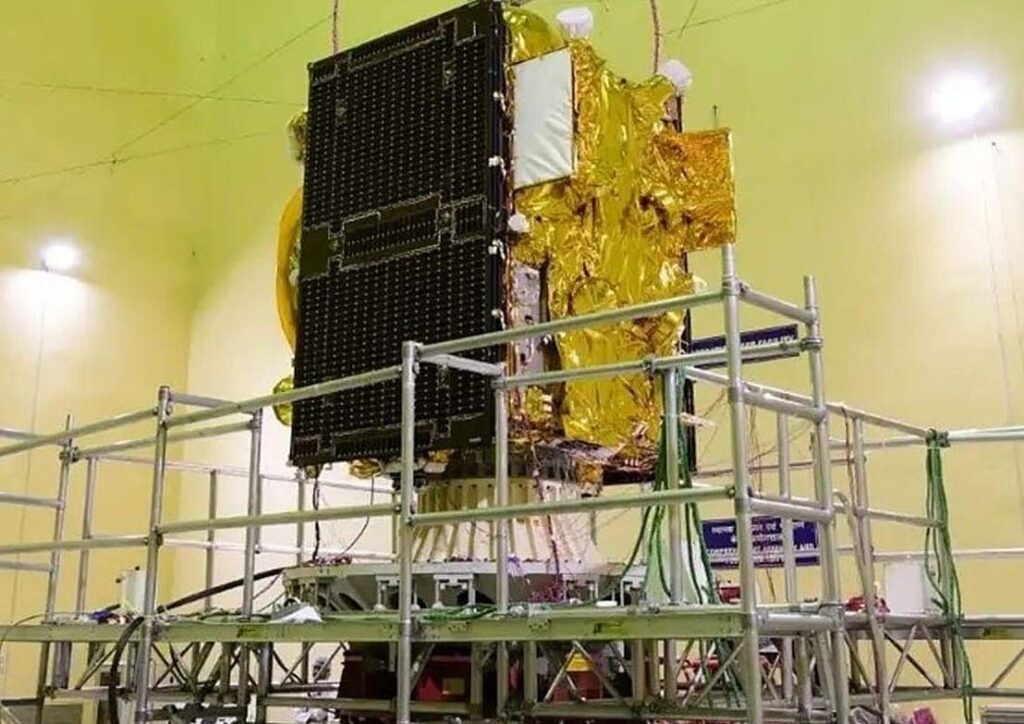
The Indian Space Research Organisation (ISRO) is facing delays in its plan to replace defunct satellites in the NavIC (Navigation with Indian Constellation) system, commonly referred to as the ‘Indian GPS’. The setback is linked to procurement challenges surrounding indigenous rubidium atomic clocks — a critical component for satellite navigation.
Clocks at the Heart of Navigation
These high-precision clocks are essential for providing accurate timing, which directly translates into precise location services on Earth. NavIC satellites are designed to serve both military and civilian users, with the former receiving higher accuracy. Each new satellite is expected to carry five indigenous rubidium clocks, based on Indian designs but still dependent on certain imported components. Officials say this dependence is slowing down the procurement process and delaying deployment.
The NavIC Constellation
Since 2013, ISRO has launched nine NavIC satellites, eight of which reached their designated orbits. The most recent, IRNSS-1I, was launched in 2018. Like other global navigation constellations — including the US GPS, Russia’s GLONASS, China’s BeiDou, and Europe’s Galileo — NavIC is designed to provide reliable location services. However, its coverage is limited to India and an area extending about 1,500 km beyond its borders.
The system is often seen as a strategic fallback, ensuring India retains independent navigation capability in case of restricted access to foreign constellations during global conflicts.
Ageing Fleet and Failing Clocks
An RTI response last month revealed that five NavIC satellites are now completely defunct, with all their onboard clocks having failed. In another three satellites, most clocks are non-functional, leaving just two satellites with fully operational atomic clocks. The imported clocks used earlier were supplied by the Swiss firm SpectraTime.
Several NavIC satellites are also nearing the end of their 10-year operational life, raising urgency for replacements. While satellites often function beyond their shelf life, performance reliability diminishes over time.
Next Steps
ISRO has decided to equip the replacement satellites with indigenously developed rubidium clocks. Though based on Indian designs, the clocks still require some imported components, which have become a bottleneck in speeding up production. Officials indicate that the agency is targeting the launch of at least three new satellites before the end of 2026 to strengthen and restore the NavIC network.
